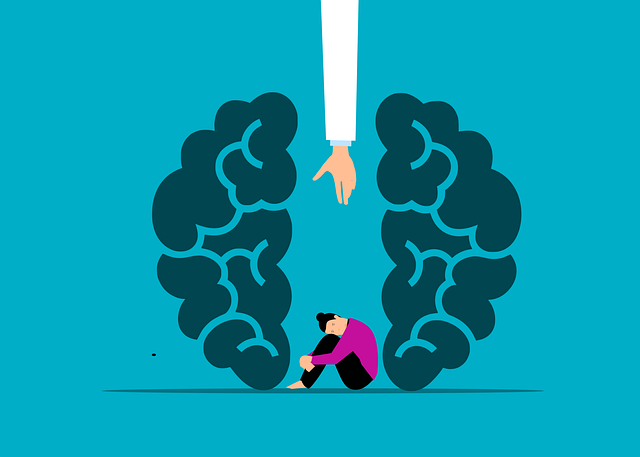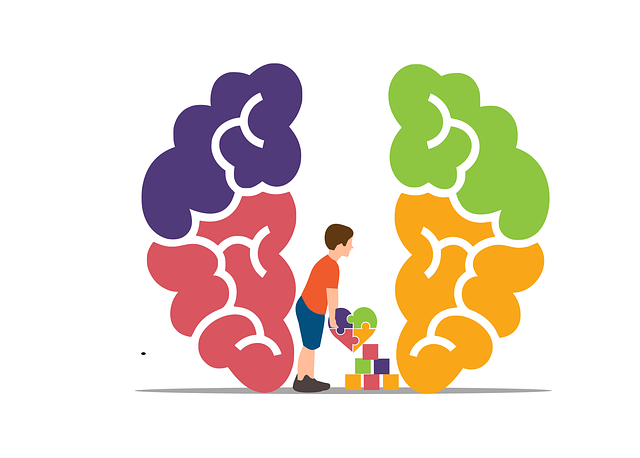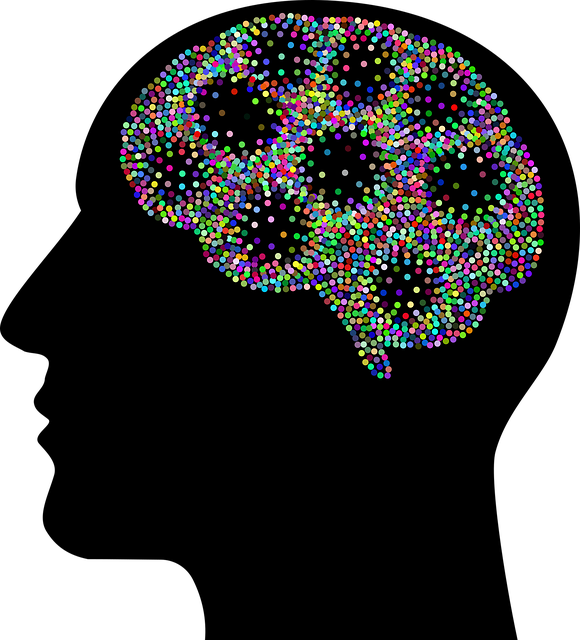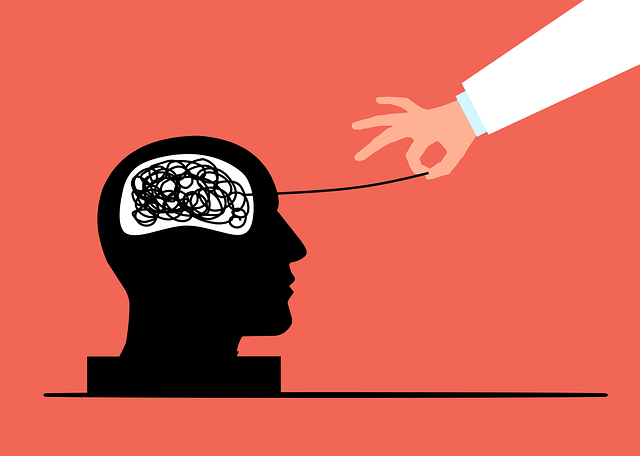Social Skills Training is a key component of Highlands Ranch Divorce Therapy, addressing the vital link between social connections and mental well-being. By focusing on effective communication, emotion regulation, and relationship building, this therapy empowers individuals recovering from trauma to reintegrate into their communities and improve their mental health. Tailored exercises, evidence-based practices, and trauma-informed care combine to foster healing, meaningful connections, and better mental wellness outcomes. Cultural sensitivity expands support networks, enhancing life quality for all clients.
Social skills training is a powerful tool for improving mental health, especially in navigating complex situations like divorce. In Highlands Ranch Divorce Therapy, understanding the intricate link between social abilities and well-being is key. This article explores how targeted training can enhance interaction and support individuals through challenging transitions. We delve into practical strategies to foster meaningful connections, promoting healing and resilience. By integrating these techniques, clients in Highlands Ranch Divorce Therapy can improve their social skills, fostering healthier relationships and enhanced mental health outcomes.
- Understanding the Link Between Social Skills and Mental Health
- The Role of Social Skills Training in Highlands Ranch Divorce Therapy
- Practical Strategies for Enhancing Social Interaction and Well-being
Understanding the Link Between Social Skills and Mental Health

Social skills training is a powerful tool in addressing mental health conditions, particularly for individuals navigating challenging situations like divorce or other traumatic events. The connection between social skills and mental wellness is deeply intertwined; strong social connections can act as a protective factor against various mental health disorders, while poor social functioning can exacerbate existing conditions. This dynamic relationship becomes especially relevant in communities like Highlands Ranch Divorce Therapy, where clients often face not only personal challenges but also the need to reintegrate into social networks.
Enhancing social skills through targeted training can significantly impact an individual’s ability to cope with stress, manage emotions, and form meaningful relationships. Public Awareness Campaigns Development and Community Outreach Program Implementation focused on mental health can play a crucial role in normalizing conversations around these issues. By raising Mental Health Awareness, individuals are more likely to seek support and participate in interventions that foster healthier social interactions, ultimately contributing to improved mental well-being within the community.
The Role of Social Skills Training in Highlands Ranch Divorce Therapy

Social Skills Training plays a pivotal role in Highlands Ranch Divorce Therapy, offering individuals essential tools to navigate complex interpersonal relationships and foster mental wellness. Through tailored exercises like Mental Wellness Journaling and Compassion Cultivation Practices, clients learn to express themselves effectively, manage emotions, and build healthy connections—all crucial components for healing and personal growth. These evidence-based techniques help address the emotional challenges often associated with divorce, promoting resilience and a more positive outlook on life.
In addition to these practices, Trauma Support Services are integrated into the therapy process, ensuring that clients receive comprehensive care. By combining social skills development with trauma-informed approaches, Highlands Ranch Divorce Therapy aims to empower individuals to overcome barriers and cultivate meaningful relationships, contributing to improved mental health outcomes and a smoother transition during and after divorce.
Practical Strategies for Enhancing Social Interaction and Well-being

Incorporating practical strategies for enhancing social interaction can significantly benefit individuals navigating mental health conditions, such as those seeking Highlands Ranch Divorce Therapy. Simple yet effective communication techniques like active listening and non-verbal cues foster deeper connections with others. Encouraging open dialogue allows people to express their feelings and experiences, creating supportive environments that promote healing.
Additionally, teaching stress management skills empowers individuals to navigate social situations with resilience. Incorporating mindfulness practices or cognitive behavioral therapy (CBT) techniques can help reduce anxiety and improve overall well-being. Cultural sensitivity in mental healthcare practice is also crucial, ensuring that diverse perspectives and needs are understood and respected. These strategies collectively contribute to building robust social skills, enhancing support networks, and ultimately improving the quality of life for those facing mental health challenges.
Social skills training plays a pivotal role in addressing mental health conditions, as evidenced by its successful integration into Highlands Ranch Divorce Therapy. By teaching practical strategies for enhancing social interaction, this approach not only improves well-being but also empowers individuals to navigate relationships more effectively. As the article has highlighted, understanding the link between social skills and mental health is crucial for comprehensive care, making these training programs a game-changer in mental health support, especially in complex scenarios like divorce.














